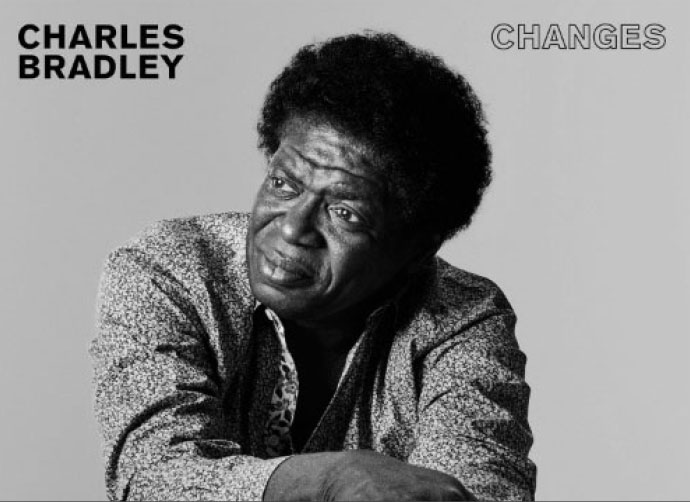Charles Bradley can sing. His voice recalls that of James Brown, or Otis Redding, or maybe David Ruffin and his rise to stardom is one of the most unlikely, uplifting stories in the music industry. It is no wonder he has gathered a sort of mini-cult following among soul music lovers, given his steady contributions to the revival of soul music over just two volumes of work. In his newest album, “Changes,” Bradley continues this trend, albeit with some minute alterations in style.
“Changes” is definitely like his previous two albums in that it is a revivalist album, however, it differs in its greater affinity for modernity relative to both, “No Time for Dreaming” and “Victim of Love.” Both of his previous works, especially “Victim,” were period pieces that celebrated soul- revue generica in all its forms and, at times, this could get tiresome. In some cases, the bland instrumentation took away from Bradley’s vocal performances, which is a shame because he sounds excellent on the album.
The title track is a brilliantly rendered Black Sabbath cover and a wonderful attempt to show how soul music can transcend time, space and even genre. Bradley sings about the curveballs life has thrown at him with startling feel and manages to make a line like, “ I’m going through changes,” sound fresh rather than formulaic.
The lyrics on “Changes” also take a break from the heavy, emotionally distressing themes that were explored in the first two albums. Bradley’s life has been hard — he was discovered as a musician while he was performing as a James Brown lookalike and has spent time living on the street — and both “No Time” and “Victim” explore the life’s hardships in great detail. “Changes,” on the other hand, features some songs with a more upbeat feel.
“Shit!/ It’s good to be back at home!/ The land where I was born/ Sometimes it hurts so bad/ Sometimes, so good! So good!” Bradley sings on “Good To Be Back Home,” the giddily happy second song on the album. The track sits on the front end and its tight rhythm contrasts nicely with tremulo guitars and funky horns that would otherwise make the song sound like something recorded by a jam band. The song is a happy break from the darkness of Bradley’s older work.
Complementing “Good To Be Back Home” is another happy track, titled “Ain’t Gonna Give It Up,” a slow, sweaty, swampy groove of a song that helps Bradley show how much he’s developed as an artist since his humble beginnings. While the song features a healthy scream or two (the soulful yell has been a staple of his work), the song is more of a lesson in songwriting and depth than a pure vocal clinic.
“I try to be a righteous man, talk to the Lord most every day,” Bradley sings, and the gravitas he adds, the emphasis he puts on specific syllables, give the line a depth of feeling that was not achieved on any of his previous work.
Not every song is a revelation, but overall the album is a successful attempt to show how soul music can transcend time and space. While the horn arrangements do, at times, devolve into cliché, there’s no doubt that this is a successful and complete album.
Will may be reached at [email protected]












